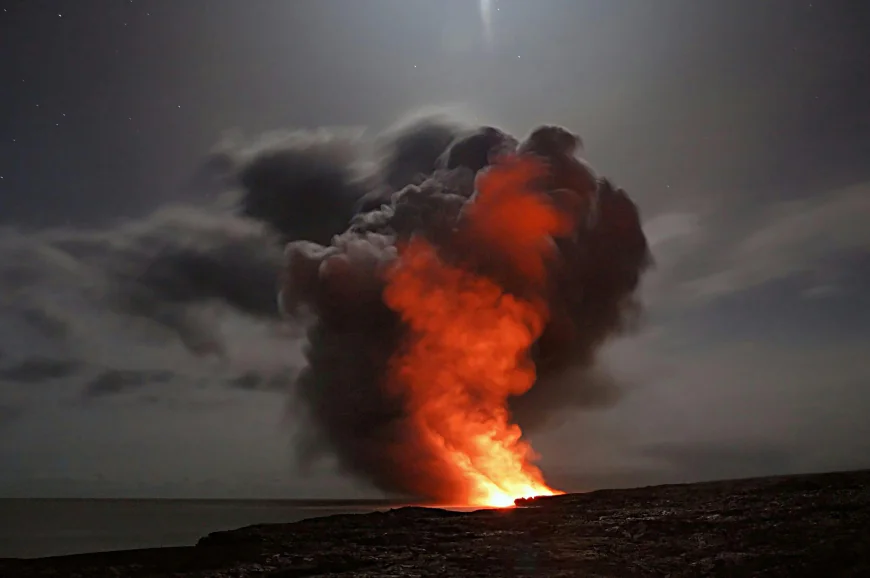India-Pakistan Tensions: How to Stay Safe, Survive and Prepared in Uncertain Times
survival tips, survival kit, emergency plan, first aid

In recent days, the geopolitical temperature between India and Pakistan has once again spiked, prompting concern across both nations and the international community. As a civilian caught in the middle of political posturing, media narratives, or even potential military escalation, it’s vital to stay informed, calm, and prepared. This blog outlines the current situation, what to do, and what survival essentials every household should consider in this volatile period.
The Current Scenario: Rising Tensions
As of May 2025, diplomatic relations between India and Pakistan have deteriorated due to a series of tit-for-tat political statements, cross-border skirmishes, and rising nationalist rhetoric from both sides. The Line of Control (LoC) remains active, with increased artillery exchanges and accusations of ceasefire violations. Internal political pressure, elections, or strategic distractions could also be contributing to this escalation.
Media on both sides has amplified the tension, leading to an atmosphere of fear, misinformation, and speculation. While an all-out war is not imminent at this stage, military preparedness has increased, and both airspaces are under tight surveillance. This is not the first time tensions have risen — but in a nuclear-capable neighborhood, no level of escalation can be taken lightly.
What Can Civilians Do Right Now?
1. Stay Informed — Not Overwhelmed
Avoid relying solely on social media or biased television news. Instead, follow verified updates from:
-
Government advisories (e.g. NDMA Pakistan)
-
International news agencies (e.g. Reuters, Al Jazeera, BBC)
-
Local law enforcement or disaster management apps
2. Remain Calm and Rational
Panic fuels misinformation. Avoid forwarding unverified rumours or inflammatory content. Misinformation spreads faster in conflict scenarios and can cause mass hysteria.
3. Review Emergency Plans
Discuss a household emergency plan:
-
Do all family members know where to go in case of evacuation?
-
Is there a local bomb shelter or civil defence facility?
-
Are communication channels (like WhatsApp groups or emergency contacts) set up?
4. Prepare an Emergency Go-Bag
If you're in a border area or a city with strategic significance, you should have a ready-to-go survival kit.
Essential Survival Gear: What You Must Have
A. Basic Emergency Kit
-
First Aid Kit: Include antiseptics, bandages, necessary medications, and pain relievers. (link to the product)
-
Portable Radio (with batteries) for news updates if the internet is down.
B. Food and Water
-
3-day Supply of Non-perishable Food: Energy bars, dry fruits, canned goods.
-
Water Purification Tablets/Filter or bottled water (at least 3L per person per day).
C. Identification and Cash
-
Photocopies of national ID cards, passports, emergency contact cards.
-
Cash in small denominations in case ATMs are down.
D. Communication and Safety Tools
-
Whistle to signal for help.
-
Gas Mask or N95 Masks (in case of urban bombing or chemical warfare).
E. Clothing and Personal Hygiene
-
Extra set of clothes
-
Sanitary pads, wet wipes, soap, hand sanitizer
-
Face masks and gloves
What If Things Escalate Further?
In extreme cases, such as aerial bombing, curfews, or communications blackouts:
-
Follow official instructions strictly: If authorities ask you to evacuate, do so immediately.
-
Avoid conflict zones: Border areas, military installations, or government buildings can be targeted.
-
Keep a low profile: In times of war or unrest, civilians can be vulnerable to both state and non-state actors. Do not wear military-style clothing or take photos in sensitive areas.
Mental Health in Conflict Zones
Don’t underestimate the toll of psychological stress. If you're experiencing anxiety, sleeplessness, or panic, try:
-
Limiting your exposure to news
-
Talking to family or trusted friends
-
Reaching out to helplines or online mental health services
In Conclusion: Hope for Peace, Prepare for Emergencies
History tells us that India and Pakistan have repeatedly come to the brink and then de-escalated. Diplomacy, backchannel negotiations, and international pressure often bring both nations back from the edge. Still, it’s never wrong to be prepared.
As citizens, we have no control over high-level diplomacy or military decisions. But we do have control over how we respond: with clarity, preparedness, and compassion for our fellow humans on both sides of the border.
Let’s hope for peace — and prepare wisely in case it delays its arrival.
Stay Safe. Stay Informed. Stay United.









